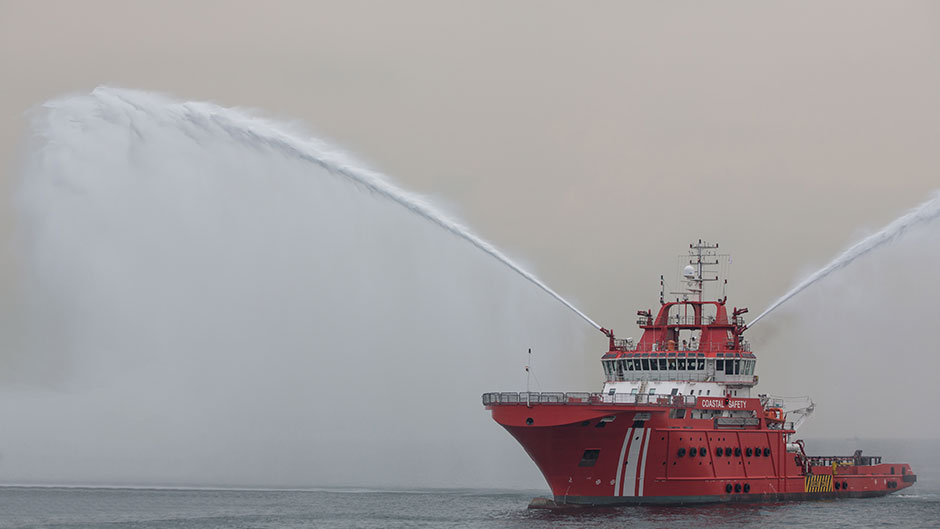Loss or damage, reasonably attributable to fire or explosion, is a peril insured against under The Institute Cargo Clauses A, B and C and The Institute Time and Voyage Clauses: Hulls.
For any loss or damage to cargo to be recoverable under the cargo owner’s policy, the fire or explosion must be a proximate cause of the loss. This means that the fire must be sufficiently related, both factually and legally, to the loss. For example, if a ship suffers an engine room fire, enters a port of refuge and then runs aground and sinks because of bad weather, the courts will consider whether or not the fire was the proximate cause of the loss of the cargo or the damage to the ship.
In addition to covering any loss or damage to the cargo itself, most marine insurance policies also cover the cargo owners’ liability to the shipowner for general average. In the case of the mv APL Austria, the cash deposit (which must be put up by the cargo owner where the cargo is not insured) has been set at 28% of the invoice value of the cargo. The cash deposit is usually a reasonable indication of the level of general average contribution that the owners will seek from the cargo interests.
Whilst loss or damage to cargo caused by fire is covered by most marine insurance policies, the Institute Cargo Clauses (the terms on which almost all marine cargo is insured) excludes insurers’ liability due to the wilful misconduct of the insured; inherent vice; insufficient, unsuitable or defective packing or the unseaworthiness of the ship or container. In the case of the unseaworthiness of the ship, the cargo insurers’ liability is only excluded where the cargo owner was aware of the unseaworthiness of the ship before the commencement of the voyage (which would be unusual).
The large general average and salvage awards handed down in recent maritime casualties highlight the need for cargo owners to properly insure their cargo. Failure to obtain proper insurance could leave a cargo owner in a position where they face damage to their cargo which cannot be recovered from the shipowner as well as large claims for general average and salvage expenses.





